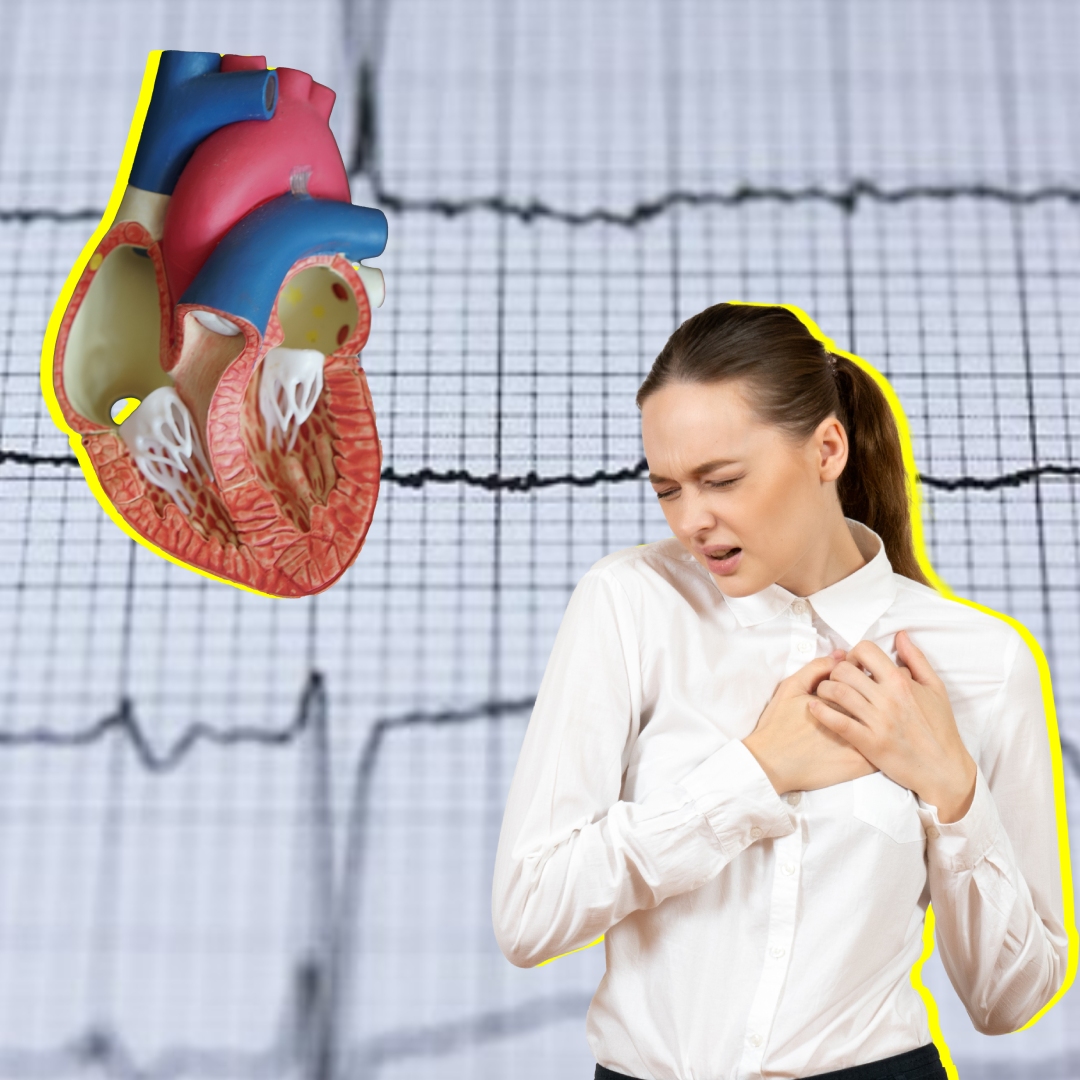Latest Research Found Out The Cells Responsible For Self-Repairing Human Heart After Cardiac Arrest
Writer: Shashwat Swaroop Garg
My name is Shashwat Swaroop Garg, I'm 21 years old and I am from Kanpur, Uttar Pradesh. I am a media student at Symbiosis Institute of Media and Communication, Pune. I am currently pursuing my specialization in Journalism. I am interested in playing videogames, reading and learning about new and interesting things and I work well in a team
Others/World, 31 May 2022 10:59 AM GMT
Editor : Ankita Singh |
A literature lover who likes delving deeper into a wide range of societal issues and expresses her opinions about the same. Keeps looking for best-read recommendations while enjoying her coffee and tea.
Creatives : Shashwat Swaroop Garg
My name is Shashwat Swaroop Garg, I'm 21 years old and I am from Kanpur, Uttar Pradesh. I am a media student at Symbiosis Institute of Media and Communication, Pune. I am currently pursuing my specialization in Journalism. I am interested in playing videogames, reading and learning about new and interesting things and I work well in a team
Researchers discovered that macrophages or the immune cells rush to the heart after an attack to "eat" injured or dead tissue.
Scientists have been researching how the heart repairs itself after an attack. A new study has revealed that the immune response system and the lymphatic system of the body are crucial in the heart's ability to repair itself after a cardiac arrest, which leads to the damaging of a cardiac muscle.
The study found that this function is performed by macrophages- which are specialised cells that can eliminate bacteria or can generate inflammation responses that are beneficial for the human heart.
What Does The Study Tell?
In a report by Gadgets360, the macrophages release a specific protein called VEGFC, which acts as the first responders after a cardiac arrest. The researchers have found that the macrophages, or the immune cells not only rush to the heart after a cardiac arrest to "eat" injured or dead tissue, but they also produce Vascular Endothelial Growth Factor C (VEGFC), which helps in healing by triggering the development of new lymphatic capillaries.
The researchers have termed this as a "Jekyll and Hyde" situation, in which the 'good' macrophages produce VEGFC. In contrast, the bad macrophages do not produce VEGFC but cause a pro-inflammatory response that can cause harm to the heart and the tissues surrounding it.
Macrophages play a vital role in a process known as efferocytosis, in which the dying cells have to be cleared away in order for the heart to heal itself fully. Scientists made this discovery after studying the process in lab cells and animals.
Edward Thorp, a pathologist from the Northwestern University in Illinois, said, "Our challenge now is to find a way either to administer VEGFC or to coax these macrophages to induce more VEGFC, in order to speed the process of heart repair."
Guillermo Oliver, a Vascular Scientist at Northwestern University, said that they were trying to figure out how heart failure developed after a cardiac arrest so that they can intervene earlier and repair the heart faster.
More studies in the future could focus on ways to improve the number of good macrophages in the heart while reducing the number of harmful macrophages, which can increase the chances of a successful recovery. The findings of this study were published in the Journal of Clinical Investigation.
Also Read: Singapore: Beer Brewed From Sewage Aims To Address Country's Water Scarcity
 All section
All section















